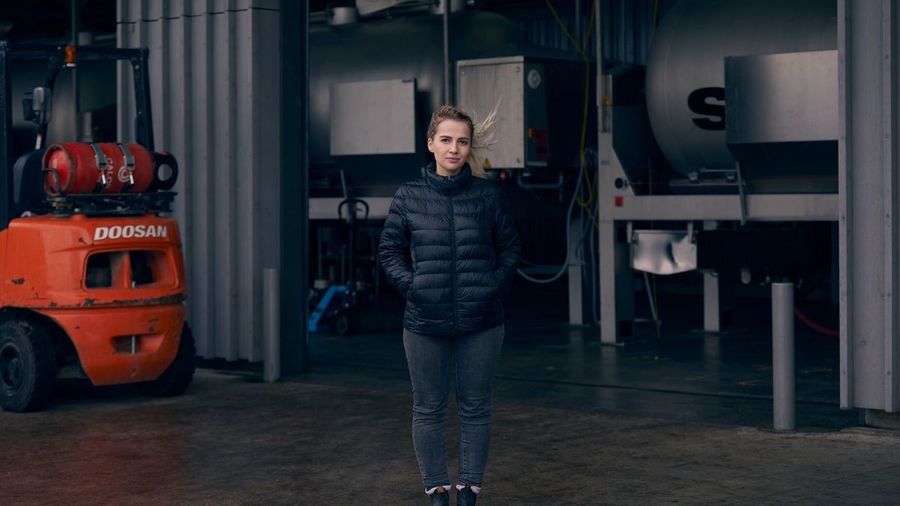People seem to enjoy a bit of theatrical decanting. A waistcoated waiter flamboyantly pouring a noble red from on high, not into just one crystal vessel but a series of decorous decanters, each more elaborate than the last, and not a drop spilled upon the linen. Well, is it anything more than showtime?
There are two good reasons to decant wine. First, it helps you detect any sediment lingering at the bottom of an older wine. This can involve its own touch of drama, especially if you slowly pour with the bottle illuminated from below by a candle (and if you can do so in a cobwebbed cellar, so much the better).
The second reason brings simple science into play. Exposing wine to oxygen (aeration) starts a process of opening up its structure. In the case of a highly tannic wine or where the tannins have not yet fully resolved themselves through age, this certainly helps to soften the mouth-feel and makes the wine more accessible.
Myths and surprises
As expected, the world of wine comes with its share of myths. One to debunk here is that uncorking a wine and leaving it open for an hour or two is what smart connoisseurs do. It makes practically no difference whatsoever. Wine left in an open bottle comes into minimal contact with the air because, obviously enough, only the surface area of wine in the neck of the bottle is exposed.
Aeration requires a decanter. And while baroque, curlicued styles are available (good luck cleaning them!), any glass vessel with understated elegance will equally reward the wine. One excellent practical gadget to look out for combines a fine mesh filter atop a multi-holed aerator stem.
Another myth is that we only decant old red wines. Young wines – including Gusbourne’s Pinot Noir, and certain white wines with chunkier profiles such as chardonnay – can also benefit from the gentle oxidising impact of decanting an hour or so before serving. That logic reverses, of course, when decanting very old bottles. The older the wine, the more potentially fragile, so wait a carefully short time between opening and enjoying.
Decanting sparkling wine
And finally, here's a surprise. Sparkling wine can be decanted too, and again the rules above apply. Gusbourne Ambassador and Master Sommelier Laura Rhys says decanting sparkling wines can broaden the flavour profile, bringing out hidden nuances and the wine's natural vinous character. It's a choice to consider especially when a bottle is intended to accompany food throughout a meal, beyond a single-glass toast. While it's true that the sparkling effervescence will dissipate slightly, a long narrow decanter helps to preserve the bubbles.
You may also like...












